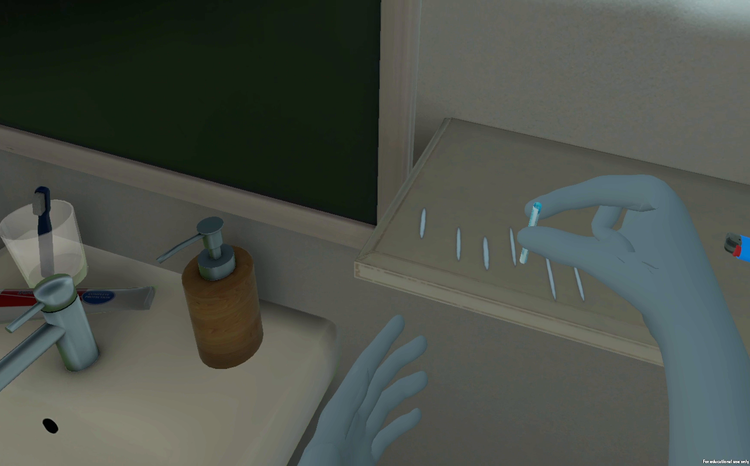CHI praises NHS Direct
- 10 November 2003
The Commission for Health Improvement (CHI) has given a positive assessment of the 24 hour health information and advice line, NHS Direct, saying that it is a successful service valued by the public and has staff that are proud to work for it.
CHI’s sector report on the service covers 20 out of the 24 NHS Direct sites around England and Wales, including the web-based service NHS Direct Online. Introducing the report, CHI chair, Dame Deirdre Hine, says: “In the short time NHS Direct has been running it has made a big impact and the future investment in the service indicates the ongoing commitment to it. We have found many issues facing the service have been given careful consideration and have been responded to in various positive and successful ways.”
The report concedes that NHS Direct is not perfect. It says that the service’s public profile is not as high as it could be and that media attention is only focused on it when things go wrong. The report also points to a lack of clarity around the responsibilities of the different bodies involved in running NHS Direct – the Department of Health, the Welsh Assembly Government and the host trusts that employ staff.
On the plus side, CHI noted high rates of consumer satisfaction with the service with over 90% of callers saying they were “completely satisfied” or “satisfied to some extent”.
The infrastructure supporting the service is portrayed as robust – but under pressure because of NHS Direct’s popularity. The target for having less than 0.1% of calls met with an engaged tone has been achieved.
Despite the positive CHI report and an upbeat congratulatory statement from health secretary, John Reid, one of NHS Direct’s sternest critics, the Consumers Association (CA), said it had not changed its sceptical stance.
Editor of the CA magazine Which?, Helen Parker, said: “’Which? is concerned that CHI’s report on NHS Direct doesn’t reflect the whole picture. Recent research carried out by Which? found NHS Direct staff frequently failing to spot potential emergencies and leaving patients waiting too long for medical advice.
“Which? research clearly shows that public satisfaction with the service doesn’t necessarily mean that the quality of the advice was good. Most people are not medical experts – which is why they call NHS Direct in the first place – and few have the expertise to tell whether or not they’ve been given good medical advice. In fact, high satisfaction levels are more likely to relate to how friendly the staff were or how reassured the patient felt.
“While we applaud the concept behind the NHS Direct, our investigation highlighted fundamental problems that the Department of Health must take seriously to ensure a safe, responsive and reliable service.”




